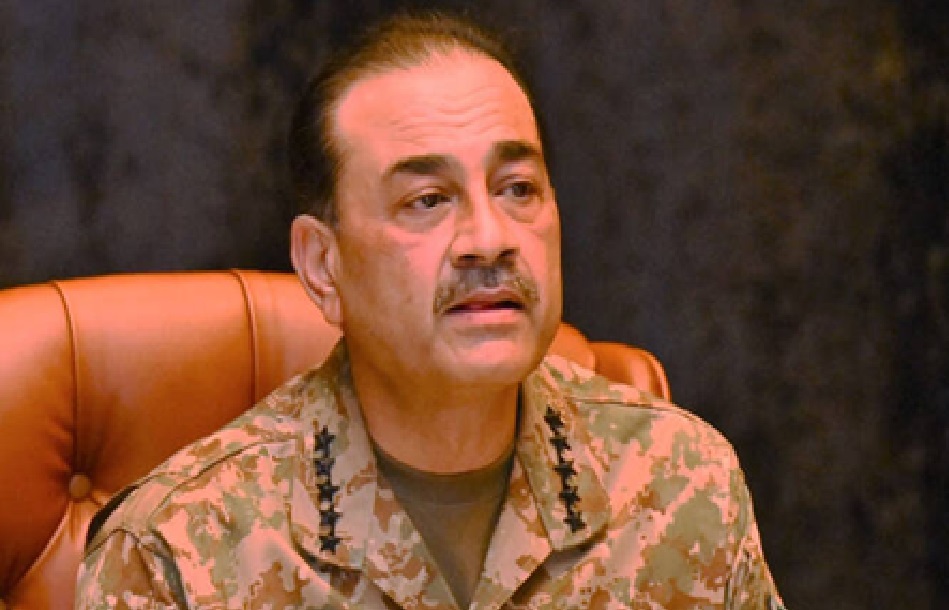By Staff Reporter
ISLAMABAD: Army chief, Field Marshal Asim Munir, declared water a “red line” for his nation and rejected any compromise on the disputed Kashmir region during the military’s inaugural Hilal Talks on Thursday, signaling an unyielding stance amid escalating tensions with nuclear-armed India.
Munir’s remarks came days after a military standoff between the two countries that saw missiles, drones, and artillery strikes exchanged across their shared border. The conflict erupted following India’s unilateral suspension of the Indus Waters Treaty, a World Bank-brokered agreement that has governed water-sharing between Pakistan and India since 1960.
The treaty’s suspension followed a deadly attack on tourists in occupied Kashmir, which New Delhi attributed to Islamabad, a charge Pakistan has denied, offering instead to join an independent investigation.
Addressing over 1,800 participants, including university vice chancellors, senior faculty, and students linked virtually from across Pakistan, Munir left no room for ambiguity. “No deal on Kashmir is possible,” he said, according to the military’s media wing, Inter-Services Public Relations (ISPR). “We can never forget Kashmir.” He underscored water as a non-negotiable issue, stating, “Water is Pakistan’s red line, and we will never compromise on the basic right of 240 million Pakistanis.”
The army chief accused India of attempting to suppress the Kashmir dispute for decades, a tactic he said was no longer viable. “It is no longer possible for India to suppress the Kashmir dispute as it is a global issue,” he said. “India must understand that Pakistan will neither forget Kashmir nor abandon it.”
Munir also pointed to India’s alleged role in fueling unrest in Pakistan’s southwestern province of Balochistan, describing the insurgents there as “a foreign-backed menace” with no ties to the local population.
The military standoff, which spanned weeks, marked a sharp escalation in the rivalry between the two nations, both of which claim Kashmir in full but administer only parts of the Himalayan region. Pakistan launched a large-scale retaliatory “Operation Bunyan-um-Marsoos,” targeting multiple Indian military sites. During the clashes, Pakistan downed six Indian fighter jets, including three Rafales, and dozens of drones. The hostilities, which raged for at least 87 hours, ended on May 10 following a ceasefire announced by US President Donald Trump.
Reflecting on the confrontation, which the military named “Marka-e-Haq,” Munir credited divine assistance for Pakistan’s resilience. “Pakistan was blessed to get help from Allah Almighty during the Marka-e-Haq,” he said. “When a nation stands united like an iron wall, then no force in the world can defeat it.”
Rejecting India’s accusations of terrorism, Munir argued that such unrest was New Delhi’s own making, driven by “increasing oppression and discrimination against minorities, especially Muslims, in India.”
The Hilal Talks forum, a newly launched initiative aimed at fostering dialogue between Pakistan’s military and academic institutions, provided the backdrop for Munir’s address.
The army chief urged educators to play a pivotal role in shaping the nation’s future, calling them “Pakistan’s greatest asset.”
“Whatever I am today, it is because of my parents and my teachers. You are the ones who must pass on Pakistan’s story to the next generation. It is your responsibility to shape their character.”
The forum, which included interactive sessions and group discussions on national and regional issues, drew a supportive response from attendees. During a Q&A session, participants voiced their backing for the military.
Copyright © 2021 Independent Pakistan | All rights reserved




